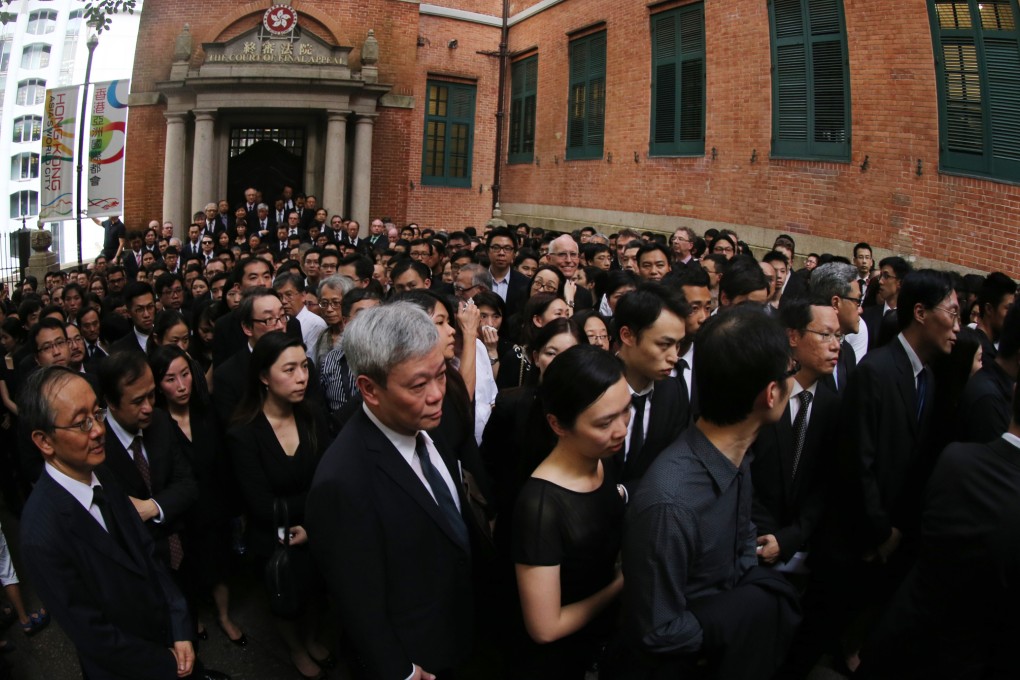White paper aims to renew nation's contract with Hong Kong people
Regina Ip says Beijing's white paper is simply a modern incarnation of Chinese rulers' practice of old to engage the people on the issues of legitimacy and rights

China's first ever white paper on the implementation of "one country, two systems", although heavily criticised in legal and pro-democracy circles, aroused little attention in the wider community. Briefings for schools, business and youth groups showed that few had read the document, let alone digested its content.
Why then have the authorities in Beijing taken the trouble to print it and translate it into seven languages? Beijing considered sending two senior officials to Hong Kong to explain and publicise the content. The visit was called off at the last minute, apparently to avoid further turning up the heat.
The publication of the white paper may be described as the modern incarnation of the practice, long cherished by Chinese rulers, of directly engaging the people. As early as 89BC, Emperor Wu of the Han dynasty wrote the to publicly apologise for his policy mistakes and the sufferings inflicted on the people.
In 1729, Emperor Yongzheng of the Qing dynasty took pains to compile a voluminous publication, , to provide the moral justification for the Manchu rule over China. Frustrated by the Han Chinese' rejection of his legitimacy on the grounds of the Manchu's racial and cultural inferiority, Yong- zheng rebutted the attacks on his integrity and the moral basis for the Manchu rule. For this emperor, widely believed to have died in office for working too hard, staying silent was not an option.
With its five chapters outlining China's policy on the establishment of the Hong Kong special administrative region, the comprehensive progress made in Hong Kong since then, and the efforts made by Beijing to ensure Hong Kong's prosperity and stability, the accent of the white paper is on the last chapter - which stresses the importance of fully and accurately understanding and implementing "one country, two systems".
The very fact that Beijing authorities have seen fit to make this plea the central theme of the concluding chapter is indicative of the deep concern in Beijing that "some people in Hong Kong" have not yet "felt comfortable with the changes", while some are "still confused or lopsided in their understanding of 'one country, two systems'". It was probably this concern, similar to the concern of Yongzheng that he had been misunderstood, or that the moral legitimacy for his rule had not been adequately spelt out, which led Beijing to publish the white paper.
